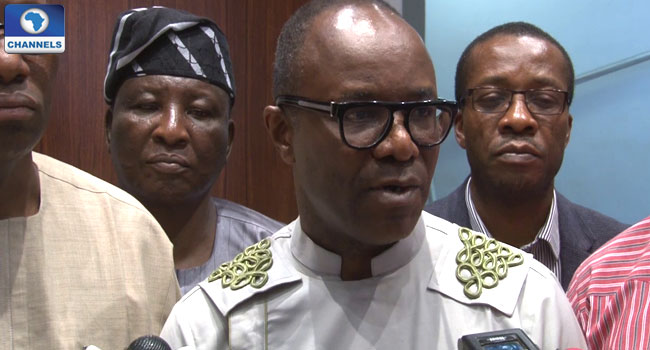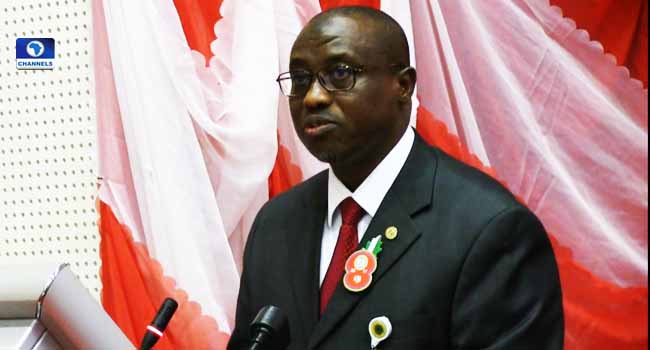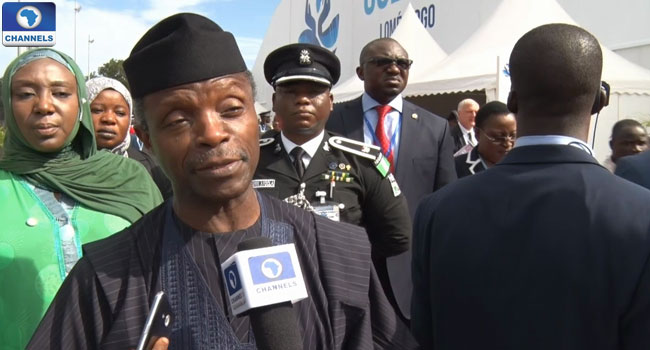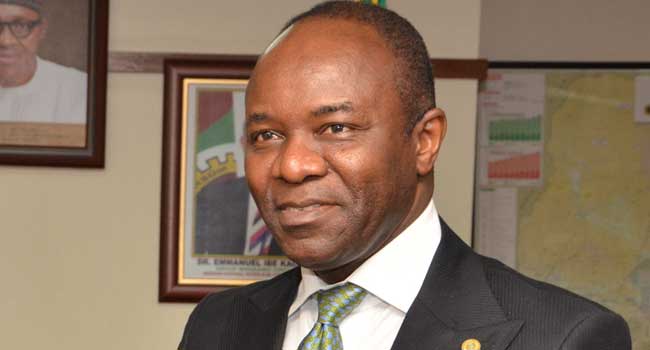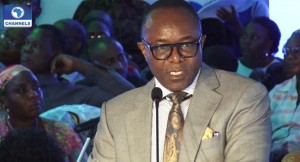
The Minister of State for Petroleum Resources, Dr. Ibe Kachikwu, told a gathering in Lagos that current reforms initiated by the government would ensure the reduction in importation and subsequently position the country for net export by 2019.
The Minister, who announced the planned reduction in importation in Lagos on Monday at the 10th Oil Trading and Logistics Africa Downstream Expo, was represented by his Senior Technical Adviser on Upstream and Gas, Mr Gbite Adeniji.
He, however, says there is need to fully liberalise and deregulate the midstream and downstream sub-sectors in a way that the open market prices of petroleum products would be cost-reflective and market-driven.
Dr Kachikwu also called for a strong independent regulator to monitor activities in the sub-sector, whose role is not price-setting, but to develop and enforce open, fair and transparent rules in the downstream oil and gas sector.
Foreign Exchange Availability
He stressed the need to build refineries and run them as profit centres that would purchase crude at international prices and deliver products at export parity prices.
“This is the only viable basis for financing new infrastructure. This ensures that pricing will be conducted on a market-derived basis. We need to establish an oil and gas infrastructure protection squad, with the responsibility for dealing with crude and products theft, vandalism and general criminality, which is currently on an upsurge in the entire industry,” he told the gathering.
On his part, the Group General Manager of the Crude Oil Marketing Division of the Nigerian National Petroleum Corporation (NNPC), Mr Mele Kyari, told the gathering that the government had resolved the challenge of foreign exchange availability facing marketers.
Stranded Forex
He, however, noted that some of the marketers were rejecting the dollar supply provided by the government to facilitate the importation of the products.
Explaining the foreign exchange issues which the cost of petroleum products had been linked to, he said: “There is no way today you can take petrol to the retail outlets and sell it at 145 Naira. So, if that is true, and I believe that is true because we all go to the market and we know what is going on, why can’t we sell above 145 Naira?
“And I know today that it is impossible to announce tomorrow that petrol price is 150 Naira. This government cannot sustain it. It is unfair even to expect it to do that today. That is the truth. But all of us, including myself, are not ready to take that number. That is why Vitol, Northwest, Petrocam, and others, are not importing; it is not forex”.
Kyari further stated that the government had created a niche market for forex, saying, “we have ring-fenced all forex from the upstream such that the forex will be available at a fixed price – a price that the CBN has agreed. I am part of the people who are involved in making sure that the forex is available.
He further stated that the 145 Naira per litre price band had scared importers away from importing petroleum products.
“I am part of the committee allocating those forex, and I know and I can see some of you here; we gave you forex, but you returned it. And the reason that was given was that the forex was not enough to import. But that is not the truth. The truth is that if you go to the market today and buy products and land here, you are required to sell it at N145 maximum. That is the main reason why people are not importing.
“As I speak to you today, we have stranded forex that nobody is ready to pick up. So, we have closed the chapter on forex,” he explained.
Kyari, however, said the NNPC was very comfortable and could sell petrol at N145 per litre.

